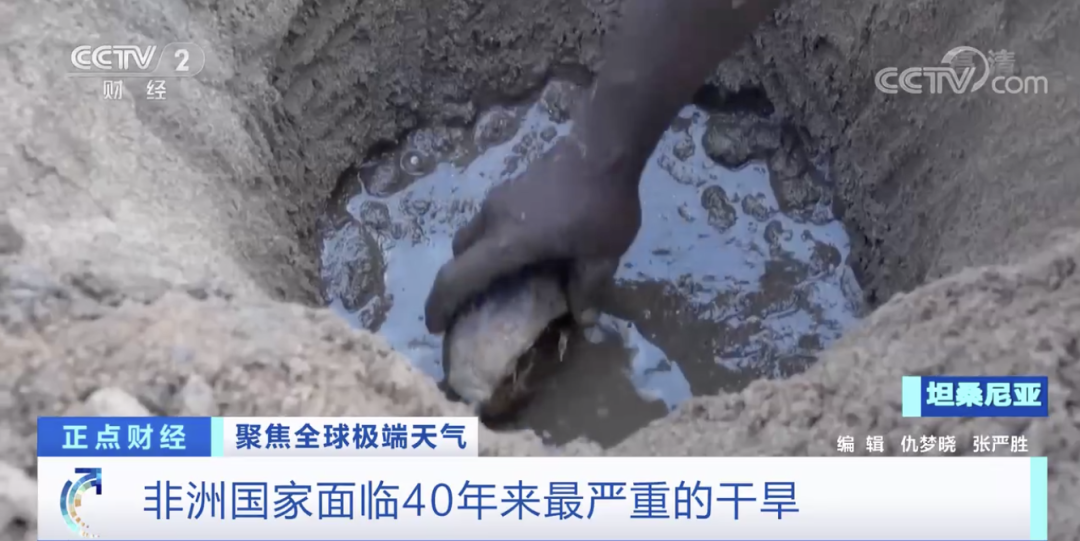Singapore media: The new crown epidemic has led to a tightening of credit, and the loan of Asian families and small enterprises is difficult
Author:Global Times Time:2022.06.21
Singapore's "Straits Times" June 18th article, original topic: New crown pneumonia's epidemic caused credit tightening: Asian families and small business loans are difficult to be at Mimm Ping Simple Villa Hotel Bali, two years of blockade have caused losses. The ceiling of a hut collapsed due to termites invading. Because it only takes 3 minutes to walk here, the door locks of many small wooden houses are rusted by corrosive marine air. The swimming pool has become emerald green, and dozens of catfish are kept in it to control the number of mosquitoes.
The Supartra family opened the first room here to tourists in 1980. Today, Medal Spara said that to restore the entire hotel, the renovation cost will reach 1 billion Indonesian Shield (about 500,000 yuan). The old man who has been participating in the development of Bali tourism since his teens considers selling hotels and then retired. He said that the bank would not loan him because he had not made profit for many years.
In all parts of Asia, millions of families and small companies, including hotels, restaurants and farms, and other companies, after several years of blockade and travel restrictions, they have become less income or no income. In the case of rising inflation and wage costs, tens of millions of people are eager to obtain loans to pay for maintenance, inventory, and increasingly rising food and energy costs.
To be sure, banks in Indonesia, Malaysia, and India are increasing credit to provide funds for rapid economic recovery. However, the banking industry, which was impacted by the 2008 international financial crisis, limited loans to the safest and largest borrowers, and more and more small people were thrown aside. A study announced in the first few months of the outbreak of the European School of Business in Europe stated that more than 2/5 small and micro enterprises in Southeast Asia could not obtain sufficient commercial loans with gaps of 300 billion US dollars. The Indonesian financial regulatory agency said that the country's funding gap alone reached 165 billion US dollars, and the gap was still expanding.
Ding Hongxing, president of the Malaysian SME Association, said that although more old -fashioned companies have already started loans, it is difficult for micro -enterprises such as restaurants to obtain operating funds to respond to rising costs such as food and labor. During the epidemic, many migrant workers were forced to return to their hometowns, and Malaysia faced 1 million labor shortages. "Micro -enterprises are facing cash flow," Mr. Ding said. "While food is more expensive, they can't find people who work."
However, with the reduction of banks, Internet startups that specialize in providing loans for small enterprises are increasingly involved. Different from most banks, before issuing credit, it will require companies to make a few years of profitability. Financial technology loan institutions will evaluate borrowers based on records as shorts to a few months, and issue loans ranging from hundreds of dollars to $ 2 million. But this flexibility is costly. Critics believe that the vast majority of small and medium -sized enterprises are difficult to withstand up to 2%of interest rates per month. (Author Jeffrey Hardon, translated Ren Zhong)
- END -
US media: Chinese Chinese takeaway was shot on the street to highlight the US government's gun tube control loss
Overseas Network, June 17th. According to the National Broadcasting Corporation (NBC) reported on the 15th, Zhiwen Yan, a Chinese takeaway in New York, was shot and killed in the streets in Queen's di...
This country is suffering the most serious drought in 40 years!

In Africa, high temperatures and droughts in some countries have spread, and many ...